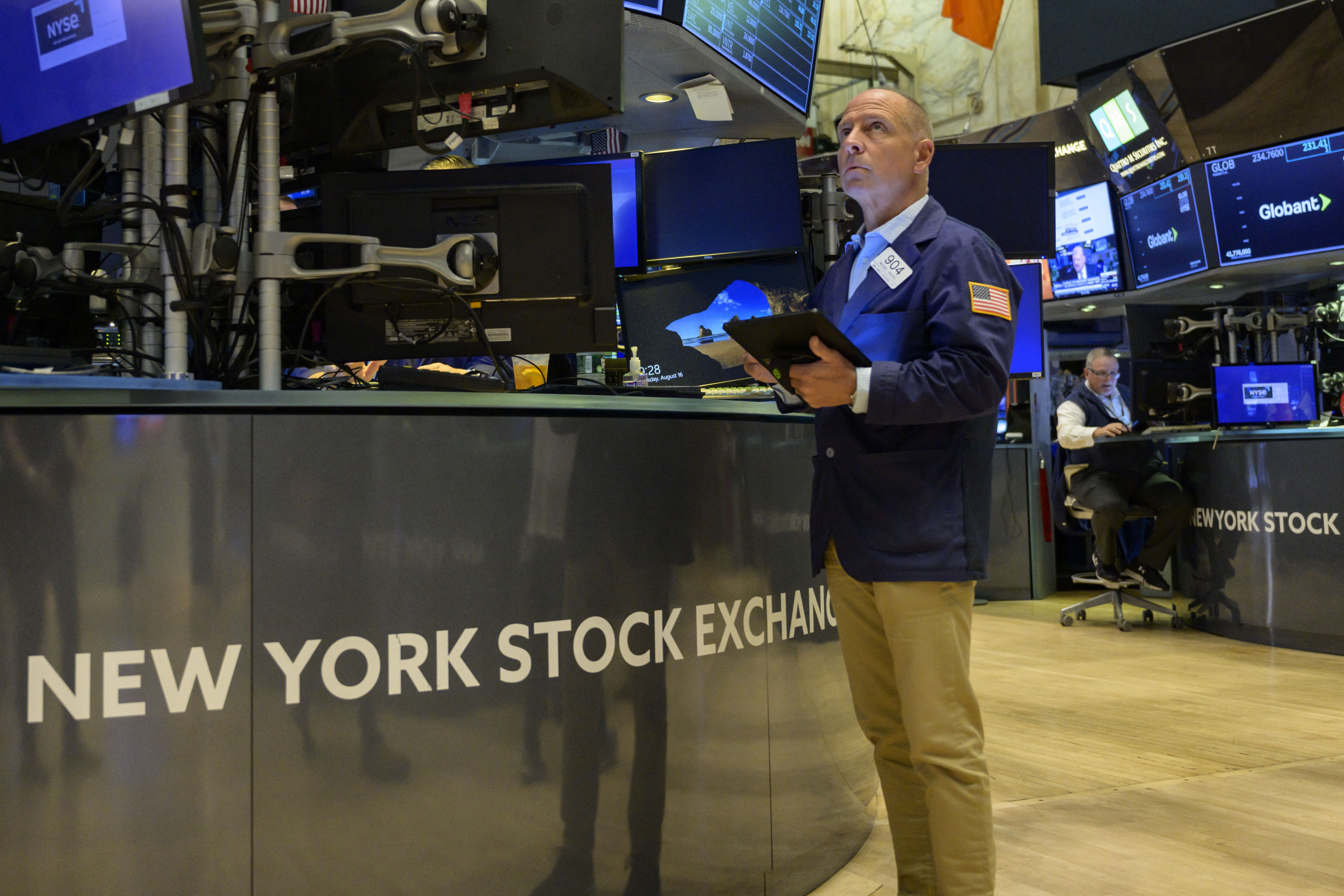It’s been a rough year for the stock market, and some consumers are closing investment accounts due to inflation and volatility concerns, according to a recent survey from Ally Financial.
As investors brace for another major interest rate hike from the Federal Reserve, inflation is still hovering near a 40-year high and the S&P 500 is down nearly 20% year to date.
related investing news
Meanwhile, nearly 1 in 5 consumers have closed an investing, trading or brokerage account over the past 12 months, with most closures, 21%, by millennial and Generation Z respondents, an Ally survey of 900 investors found.
More from Personal Finance:
Here’s how high inflation may affect your tax bracket
What another major interest rate hike from the Fed means for you
Here’s why the $39 trillion U.S. retirement system gets a ‘C+’ grade
Nearly 40% of those surveyed sold some or all of their investments because of inflation, the report found, and 31% sold assets due to fear of losing money amid stock market volatility.
‘Selling out’ may lead to regrets
Without a sufficient emergency fund, some investors may be selling assets to cover a higher cost of living, said Kyle Newell, an Orlando, Florida-based certified financial planner and owner of Newell Wealth Management.
Others may have reacted emotionally due to stock market volatility, especially younger investors with less experience.
“The news can be scary at times, so it’s not uncommon for people to get nervous and sell out,” Newell said.
The news can be scary at times, so it’s not uncommon for people to get nervous and sell out.Kyle NewellOwner of Newell Wealth Management
But cashing out an investment account may lead to regrets.
Many millennials and Gen Zers who invested over the past year have regrets, according to a recent study from MagnifyMoney. Some 23% of millennials and 15% of Gen Zers wished they had invested more, the survey found, and roughly 15% of each group regrets selling an investment.
High inflation, stock market volatility and geopolitical conflict have all happened before, Newell said, and those factors shouldn’t stop you from investing. And by selling when the stock market dips, you may “lock in losses,” regardless of your long-term financial goals, he said.
‘Investments are tools’
Of course, the decision to invest in a brokerage account may depend on someone’s goals, explained Sean Michael Pearson, a CFP and associate vice president with Ameriprise Financial in Conshohocken, Pennsylvania.
“Investments are tools,” he said. “They work best when you decide what you need done and then go shopping for your tools.”
If you’ve saved and invested in pursuit of a goal, selling assets in a brokerage account isn’t necessarily a bad thing, Pearson said. Once you’re ready to fund that goal, it makes sense to sell.
Alternatively, if you’ve decided a particular investment doesn’t align with your goals, a targeted sale may also make sense. Then you can find other assets to better suit your needs.


